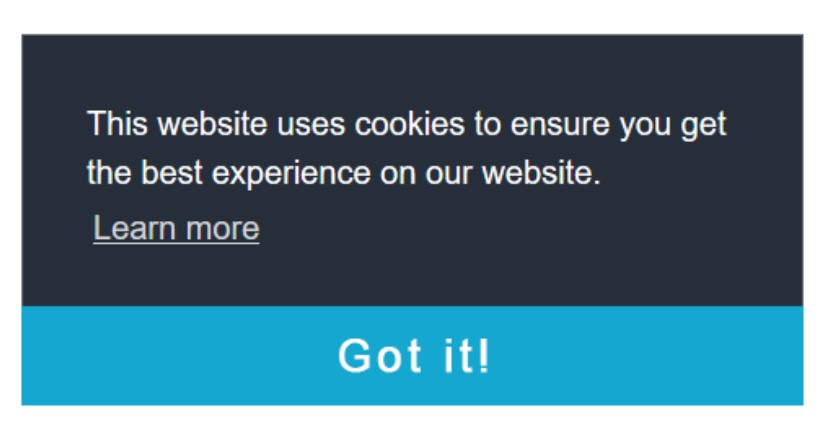
The ethics of tracking is a controversial topic amongst people from all over the world. When it comes to privacy and information security, businesses such as Apple are making it a main mission to preserve this valuable information and keep it in the hands of the consumer. They are pro privacy. However, other businesses such as Facebook are all about data sharing and collecting. They are not afraid to push the boundaries of data collection. What makes the topic of ethics so difficult to understand is that every person has a different idea as to what is ethical and what is not. One person’s idea of an ethical approach could be completely different from someone else’s idea of an ethical approach. Due to this uncertainty, I look to the process companies take to decide whether their actions are ethical or not. In most cases, I do believe it is ethical to know and track user behavior.
Is Tracking Ethical?
The main reason I believe tracking and knowing user behavior is ethical is because of something known as a privacy policy. A privacy policy details how a website will collect, store, protect, and use your data. When a person downloads an app or signs up for something on a website, it is crucial to read over this information. When you willingly submit your information, you are accepting their policy. Therefore, I view this scenario as ethical.
Cookies

Cookies is a topic I am very mixed about. I personally do not view cookies as an ethical way of tracking and learning information about online users. I did not know about cookies until a few years after I had first begun using the internet. As a kid, I willingly accepted anything and was unaware companies were tracking me via the websites I visited. I think in this scenario, I was undereducated. There are a lot of sites nowadays that blatantly state whether a website allows cookies or not, so it is important to pay attention to things like that.